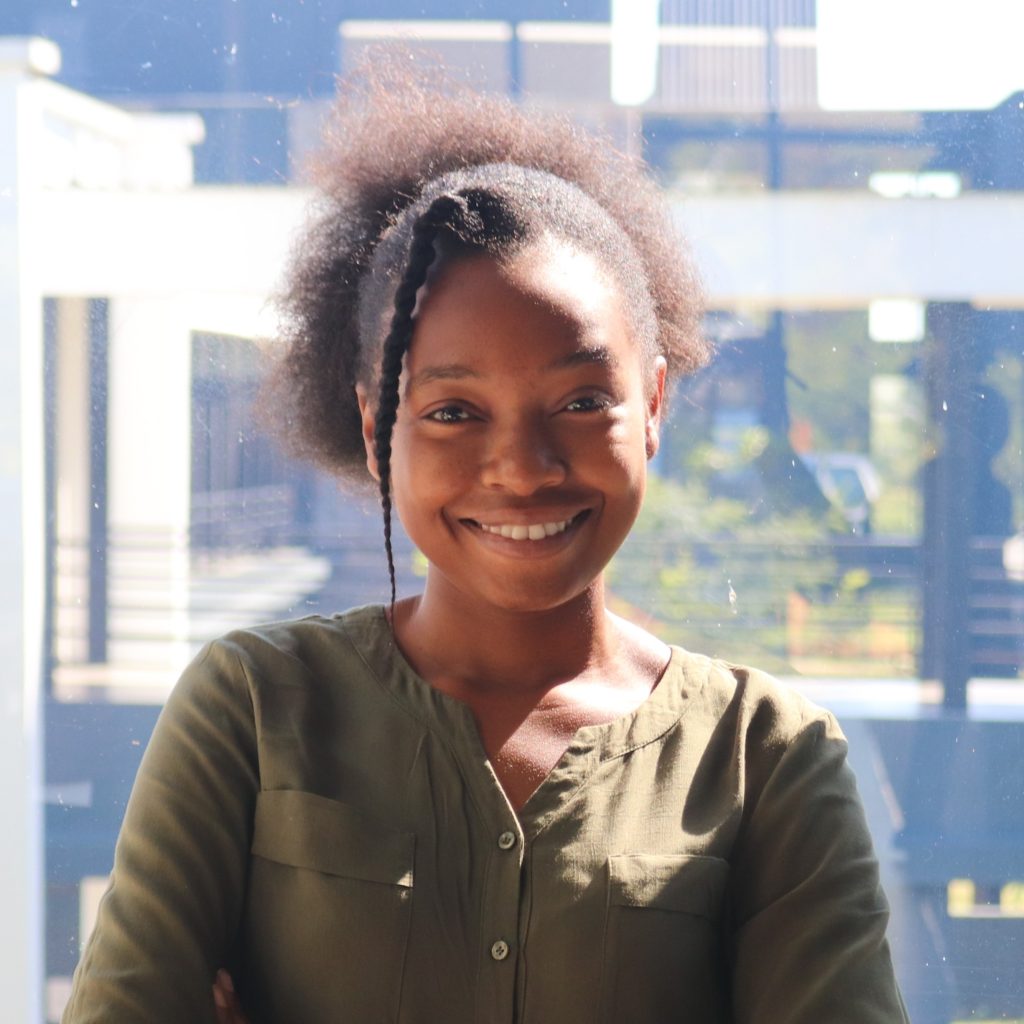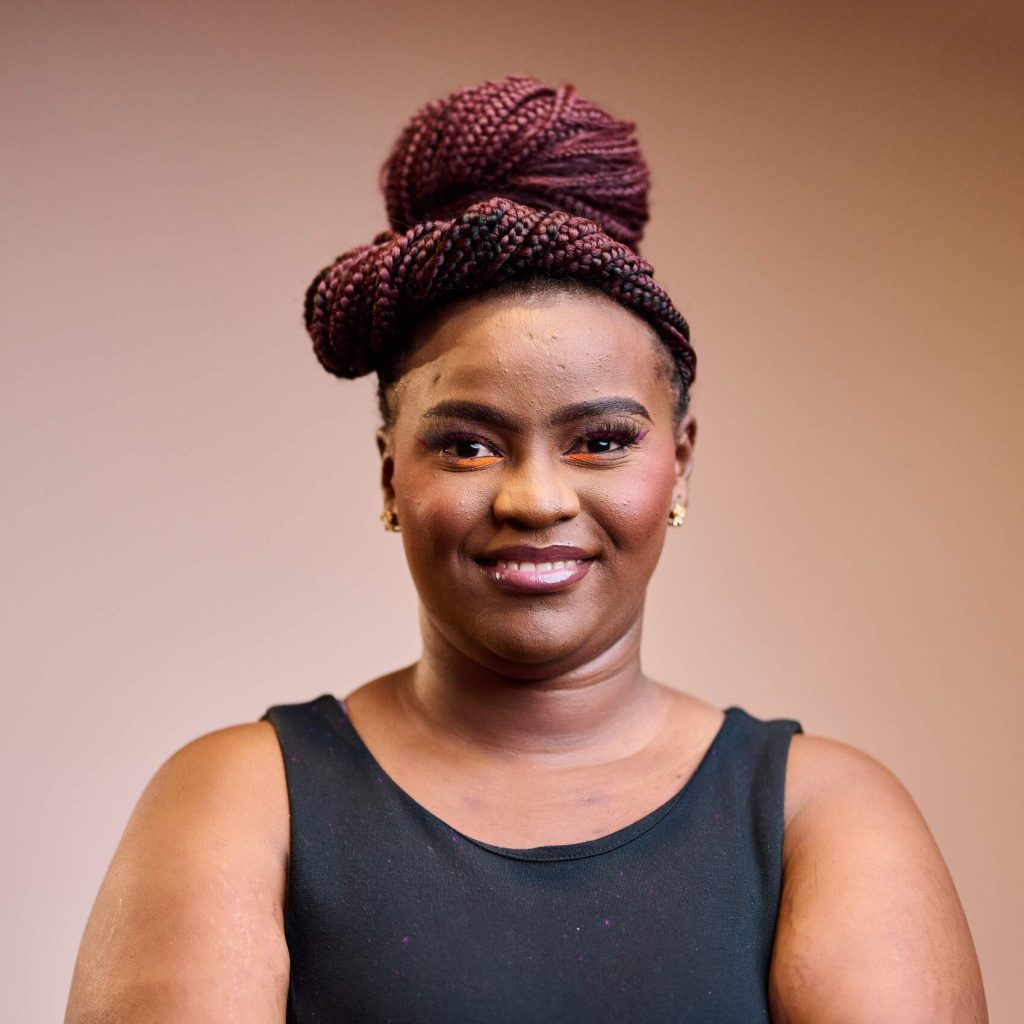Opinion: Your budget cuts are about us, the people
 04 April 2025
04 April 2025

Amid all the news reports about the draconian end to USAID, many have spoken out against the injustice to people around the world. Yet you seldom hear from us, the youth, who are directly impacted by these heinous decisions that make us fearful about our futures. Global North governments must realize that there are real people behind their decisions and apply a people-first approach.
Attacks on health and SRHR
Although, there is a wider trend among Global North governments, including the Netherlands, France and the UK to cut back on development cooperation, decisions by the current US administration are unprecedented. In an extremely short space of time, we are witnessing the dismantling of the world’s largest donor, USAID. This immense loss of funding and personnel mean that lifesaving healthcare and sexual and reproductive health and rights (SRHR) services around the world have abruptly stopped.
Decades of progress to save lives can now be written off almost instantaneously. While the world continues to be plagued by diseases, health threats and taboos related to health and SRHR, thanks to international development aid, millions of lives were saved in the last decades. PEPFAR (the President’s Emergency Plan for AIDS Relief) alone saved 25 million people. When governments only look at financial gains and fail to see the immense value of people’s lives, tragically people will die.
Impact on lives
As young people we are acutely aware of the dire consequences. We see the fear and anxiety amongst our friends who are living with HIV, and some of them with disabilities as well, wondering whether they will be able to access their required live-saving drugs. We are scared and very unsettled with the decline of agencies, such as PEPFAR, whose mandate it is to support HIV/AIDS prevention and treatment in Kenya and other countries. Undoubtedly, this will increase the number of (young) people who get infected, with mothers passing on the disease to their children through pregnancy. Countries like Kenya are likely unable to cater to such increase in the burden of disease.
Another anticipated effect is a huge decline in access to SRHR among adolescents and young people. We cannot begin to think of how the terrifying cases of unsafe abortions will claim lives. In addition, our collective gains in the SRHR advocacy movement are being clawed back. It is very uncertain whether we will be able to recover and safeguard our collective progress.
We are also worried about an increase in inequality and stigma – something we deal with daily. Beyond development aid providing lifesaving drugs, it also tackles stigma. A lot of work still needs to be done to demystify myths around HIV care and SRHR. Aid plays a key role in disseminating information through community initiatives.
All this makes us fearful about our futures. Importantly, we see that the thought of people who are impacted is absent in decision-making and policymaking on foreign aid and global health. After all, policies are not just pieces of paper; policies are about human lives.
The change we need
The recent developments in the US and beyond, show the vulnerabilities of the international development system and the risks posed by not putting people first. To ensure that we create a just world, firstly, we must bring people to the table in decision-making and policymaking, from national to international levels. Human-centred policies need to be designed to ensure that people and their lives lead the way before profit or other incentives.
Secondly, instead of countries pulling back behind their own borders, we need more global dialogue and action. When it comes to health, diseases know no borders and international cooperation is paramount. A disease that is spreading globally cannot be kept at bay with only national policies.
Thirdly, the current international development system needs to be reformed in a sustainable and gradual manner. Countries need to explore more alternatives for domestic resource mobilization that will enable them to give back the best to their citizens. Leaders need to be more accountable and prioritize good health and wellbeing for their people. On an international level, tax rules and debt collection need to change so that Global South countries can raise enough funds for healthcare, rather than constantly paying off debts to the Global North.
Above all, a people-first approach means ensuring aid continues while working towards a credible alternative that protects people’s health.
People in hearts and minds
Our lives are not an opportunity to cut costs. We are real people. Just like you – we need access to healthcare and SRHR to live a dignified life. With power comes responsibility. So, when you have the power to decide on our lives and futures, you must think about how your policies affect us and take us along in your decision-making.
About the authors
 Bertha Chulu
Bertha Chulu
Bertha Chulu is an award-winning adolescent health activist from Zambia. She has championed education and sexual and reproductive health and rights, focusing on reducing child marriages and teenage pregnancies.
 Elizabeth Warindi
Elizabeth Warindi
Elizabeth Warindi is a passionate advocate of gender equality and sexual and reproductive health and rights (SRHR) in sub-Saharan Africa. She uses storytelling to platform the voices of youth, women and girls to ensure their voices are heard in SRHR advocacy.
 Vilda Atieno
Vilda Atieno
Vilda Atieno is an ardent human rights advocate from Kenya. Her work focuses particularly on sexual and reproductive health and rights for young persons with disabilities across the world.
*The authors work together in the intersectionality sexual and reproductive health and rights (SRHR) programme Make Way – a 5-year large-scale international partnership.



